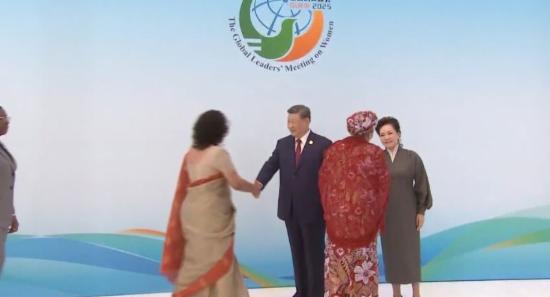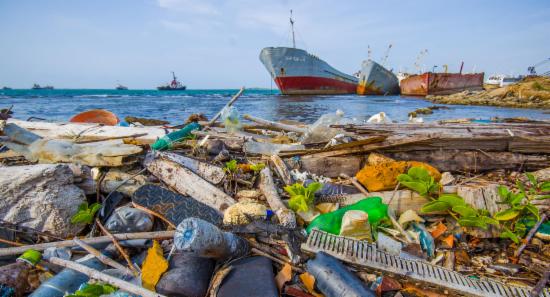.webp)

Sri Lanka Sets High Bar for Public Health in Asia : Dr. Tedros
COLOMBO (News 1st); The Director-General of the World Health Organization (WHO), Dr. Tedros Adhanom Ghebreyesus, lauded Sri Lanka’s remarkable public health milestones, describing the island nation as a model for progress despite its lower-middle-income status.
“Although Sri Lanka is classified as a lower-middle-income country, it has the health profile of many high-income nations,” Dr. Tedros said, highlighting the country’s near-universal maternal care and immunization coverage.
“Almost every woman who gives birth does so with a skilled birth attendant. Almost every child receives routine immunizations. You have defeated malaria, eliminated lymphatic filariasis, and maternal and neonatal tetanus.”
Sri Lanka’s leadership in tobacco control also earned praise. It was the first country in Asia to ratify the WHO Framework Convention on Tobacco Control and the first to fully implement it.
However, Dr. Tedros acknowledged that WHO itself is navigating turbulent waters. The organization is undergoing a significant downsizing and restructuring process, which he described as “painful,” involving farewells to many long-serving staff members, including those who worked under extreme pressure during the COVID-19 pandemic.
“These colleagues do not deserve to be treated this way,” he said. “Nevertheless, I see this crisis as an opportunity. I’m confident WHO will emerge sharper, more focused on its core mandate, and more independent.”
Dr. Tedros pointed to two major developments at this year’s World Health Assembly as signs of renewed global commitment to WHO: the approval of an increase in assessed contributions to strengthen financial sustainability and the adoption of the WHO Pandemic Agreement.
“The adoption of the WHO Pandemic Agreement was truly historic,” he noted. “It demonstrates that in these divided times, countries can still come together and find shared solutions to shared problems. It shows that multilateralism is alive and well.”
Other Articles
Featured News





.png )
-811382_550x300.jpg)
-811376_550x300.jpg)

-811364_550x300.jpg)






-810262_550x300.jpg)
-809496_550x300.jpg)











.webp)






